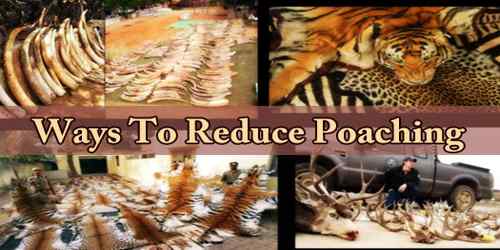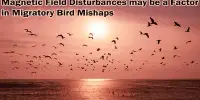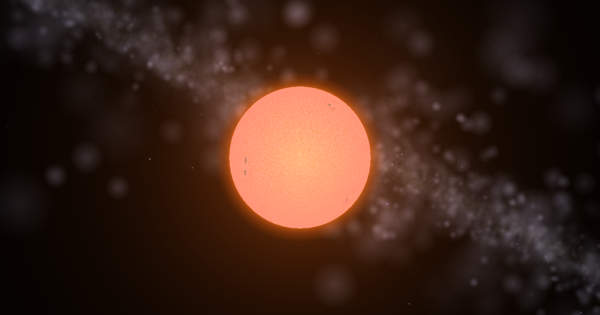Poaching is the practice of killing or trading animals for economic gain or necessity and has resulted in substantial losses of many species throughout developing countries and throughout time. Every year more and more species are killed and sold in the black market for a quick profit; some of the effects include economic downfall or ecological instability and destruction.
Since the 1980s, the term “poaching” has also been used to refer to the illegal harvesting of wild plant species. In agricultural terms, the term ‘poaching’ is also applied to the loss of soils or grass by the damaging action of feet of livestock which can affect the availability of productive land, water pollution through increased runoff and welfare issues for cattle. Stealing livestock as in cattle raiding classifies as theft, not as poaching.
Poachers sometimes kill or capture animals to sell them locally or for the global trade in wildlife. Wildlife trading is a major black market that has increased alongside rising wealth in Asia a major consumer of wildlife and the advent of e-commerce and social media websites.
Some animals, such as birds, reptiles, and primates, are captured live so that they can be kept or sold as exotic pets. Slaughtered animals, on the other hand, have commercial value as food, jewelry, decor, or traditional medicine. The ivory tusks of African elephants, for example, are carved into trinkets or display pieces. The scales of pangolins, small animals that eat ants, are ground into a powder and consumed for their purported healing powers. The meat of apes, snakes, and other bush animals is considered a delicacy in parts of Africa.
In 1998, environmental scientists from the University of Massachusetts Amherst proposed the concept of poaching as an environmental crime, defining any activity as illegal that contravenes the laws and regulations established to protect renewable natural resources including the illegal harvest of wildlife with the intention of possessing, transporting, consuming or selling it and using its body parts. They considered poaching as one of the most serious threats to the survival of plant and animal populations. Wildlife biologists and conservationists consider poaching to have a detrimental effect on biodiversity both within and outside protected areas as wildlife populations decline, species are depleted locally, and the functionality of ecosystems is disturbed.
Poaching has been linked to armed militia groups in Africa suspected of trafficking ivory to fund their operations, and it often occurs alongside other crimes including corruption and money laundering. And poached animals can spread diseases, such as Ebola and SARS.
Ways to Reduce Poaching –
Developing countries will continue to suffer the effects of poaching if the causes are not prevented. The problem of poaching can be prevented if people are willing to take action. Change is constantly applied to the world, so now is the time for change to be applied to the problem of poaching. However, it cannot be done without the consent of people willing to change. Enforcement through the government, the officials, and the peoples is a critical to create change.
Game management and other conservation programs throughout the world have been instituted to counteract the effects of poaching and other threats to wildlife, reinforced by the patrolling of game wardens to restrain poaching for commercial profit. Sometimes conflicts can be violent, and wardens, environmentalists, and poachers have been killed in confrontations over especially valuable animals and poaching operations.
Engage the public – Poaching is primarily stopped or fought by law enforcement agencies. However, the public needs to be educated on the importance of the wild animals they have and why poaching is bad for their economies.
In doing so, they will take action against poaching and report any incidences of poaching, they will also stay away from wild animal land. Additionally, in educating the public, the myths about the medical, aphrodisiac, and religious uses of animal parts will be dispelled.
Recruit more wildlife scouts – To protect the animals, more wildlife rangers and scouts need to be recruited. It is a source of income for the employees, and they will help protect endangered animals.
Make tougher laws – The legal systems are already in place and they outlaw the practices. However, poaching still continues, meaning the law needs to be toughened. More needs to be done in that front, to curb the demand and trade of animal parts and the selling of wildlife as exotic pets.
Toughening the laws also means that harsher penalties will be dished out to poachers and for other wildlife-related crimes, protecting more animals.
Give the animals a sanctuary – Some animals are on the verge of extinction and can only be protected at sanctuaries. The same should be done to more animals, and their populations will go higher.
Zoning (Demarcate land for the wild animals) – More needs to be done to outline where wildlife land starts and ends. In doing so, humans will not encroach into such land for construction, settlement, or agricultural land. Those found inside such lands should be treated as poachers, regardless of their reasons when entering, and face the fullest extent of the law.
Put more trackers and sensors in the wild – Harmless and undetectable trackers need to be used in wildlife tracking, to enable those at the control rooms to have accurate data on the number of the animals, their location, and any threat that might be upon them. It is an easy way of managing poaching, logging, and other illegal wildlife activities without having to rangers stay with the animals in the wild.
Outlaw the purchase and sale of animal parts and products – Outlawing the buying and selling of wildlife animal parts, especially in animal markets can significantly reduce poaching. If the animal parts are outlawed, few people would go for them and a majority of those in the business will equally shut down. Ultimately, it will reduce the number of animals being killed for their parts.
International agreements, such as the Convention on International Trade in Endangered Species (CITES), seek to reduce poaching incentives by regulating worldwide commercial trade in wild animal and plant species. International border customs can also serve to deter the smuggling of poached wildlife and wildlife products. Many governments have made public displays of the destruction of confiscated wildlife products, such as pangolin scales or elephant tusks, to signal that the preservation of the animals depends on the end of the sale of their products.
Information Sources:
















